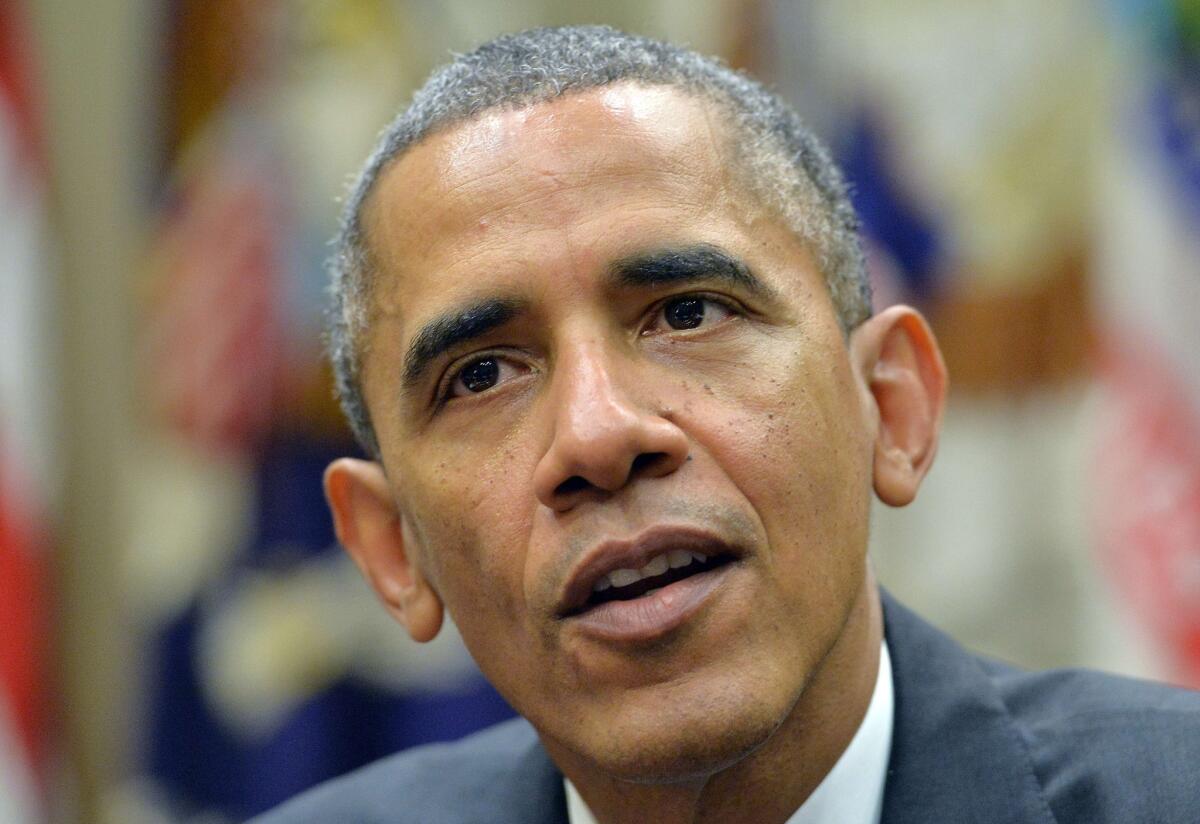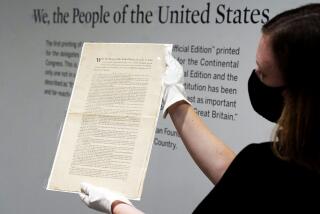A mythical Citizens United is the liberals’ Obamacare

Jimmy Kimmel got some yucks from his audience the other night when he sent faux pollsters out to ask ordinary Americans which they preferred: “Obamacare” or the Affordable Care Act. Of course, they’re one and the same, but that didn’t stop interviewees from criticizing Obamacare but praising the Affordable Care Act. A presumably more scientific survey by CNBC found that 46% of Americans oppose Obamacare, while only 37% oppose the Affordable Care Act.
Perhaps it’s the “Obama” in “Obamacare” that makes its critics think it’s sinister and socialistic. Listening to some denunciations of the program, you’d think that it was a British-style single-payer system, not a network of exchanges for the purchase of private insurance (along with government mandates and an expansion of Medicaid). Whatever the explanation, clearly there are two Obamacares: the real program and the bogeyman that haunts conservative rhetoric.
But there’s a liberal version of the Obamacare distortion. It has to do with Citizens United, the much-demonized 2010 Supreme Court decision holding that corporations and unions have a 1st Amendment right to engage in independent expenditures promoting or opposing candidates for federal office. The decision is complicated — as is campaign-finance law in general — but it is limited in what it holds.
Nevertheless, in the liberal popular consciousness, Citizens United has acquired a meaning that transcends (and even contradicts) its actual holding. Consider this correction of a recent New York Times editorial:
“An editorial on Tuesday about a Supreme Court case concerning campaign contributions incorrectly implied that the 2010 decision in Citizens United vs. Federal Election Commission allowed individuals to make unlimited independent expenditures in elections. That right was extended to individuals by a 1976 Supreme Court case.”
All editorial writers make mistakes that need to be corrected. I certainly have. But this mistake reflects the widespread perception that Citizens United gave the green light for wealthy people to spend all they wanted to support (or oppose) a candidate, something they had been able to do since a 1976 decision called Buckley vs. Valeo.
Nor did Citizens United say that foreign corporations could spend money to influence U.S. elections. In his 2010 State of the Union address, Obama said: “Last week, the Supreme Court reversed a century of law that I believe will open the floodgates for special interests — including foreign corporations — to spend without limit in our elections.”
That assertion caused Supreme Court Justice Samuel A. Alito Jr. to roll his eyes. It also earned Obama a rating of “barely true” from the fact-checking service PolitiFact.com. (Later, that rating was changed to “mostly false.”) PolitiFact pointed out that while Justice John Paul Stevens warned in his dissent that Citizens United potentially might undermine laws against foreign spending in U.S. elections, the majority opinion said: “We need not reach the question whether the government has a compelling interest in preventing foreign individuals or associations from influencing our nation’s political process.”
Last week, Obama said that “I continue to believe that Citizens United contributed to some of the problems we’re having in Washington right now. You have some ideological extremists who have a big bankroll, and they can entirely skew our politics.” Again, this is misleading. Citizens United and a federal appeals court decision that built on it did allow corporations to spend money on political ads and make large contributions to super PACs. But wealthy individuals have been free to use their bankrolls to influence elections for almost 40 years.
In the same appearance, Obama warned that a case currently before the court, McCutcheon vs. FEC, “would go even further than Citizens United. I mean, essentially it would say anything goes, there are no rules in terms of how to finance campaigns.”
Obama, the former constitutional law teacher, should know better. The McCutcheon case is a challenge to so-called aggregate limits on political contributions: that is, ceilings on how much an individual can give overall to candidates and party committees. McCutcheon is not challenging the more familiar “base” limits on what a donor can give individual candidates (though supporters of campaign-finance laws worry that a ruling striking down the aggregate limits would presage the end of the base limits as well). A victory for McCutcheon would not mean “anything goes.”
Just as conservatives who inveigh about Obamacare should take the time to learn what the Affordable Care Act actually says, so liberals who hyperventilate when they hear “Citizens United” should read the actual decision — which is a lot shorter than the Affordable Care Act.
ALSO:
Affirmative action’s latest test
McManus: For the GOP, rightward ho!
Obamacare: Don’t trust anyone over 60?
More to Read
A cure for the common opinion
Get thought-provoking perspectives with our weekly newsletter.
You may occasionally receive promotional content from the Los Angeles Times.







